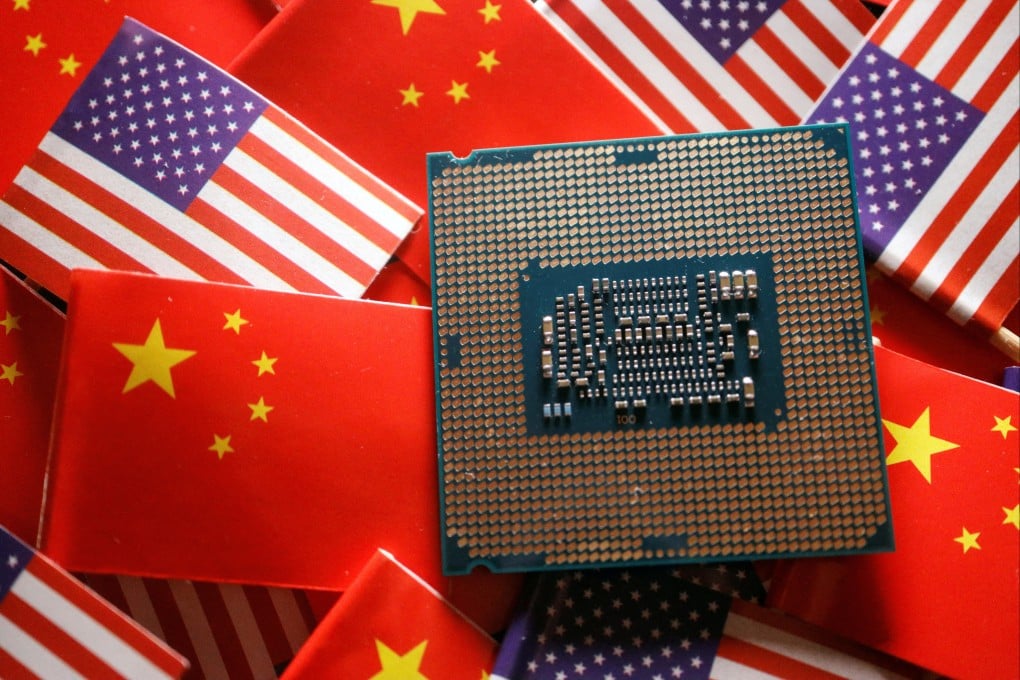My Take | Overproduction is OK as long as it’s done by anyone except China
- It makes sense for Beijing to expand services sector, but none for US to transfer higher productivity in services to lower one in manufacturing

So this is how Donald Trump repays his legions of fans in Taiwan, especially those from the ruling Democratic Progressive Party. “Taiwan took our chip business from us,” the Republican presidential candidate told Businessweek. “I mean, how stupid are we? They took all of our chip business. They’re immensely wealthy.”
It’s true Taiwan is a semiconductor-manufacturing powerhouse, which produces 92 per cent of the world’s most advanced chips. But it’s basically one giant chip foundry, not a chip design business.
That makes all the difference. While the foundry business is reasonably profitable because of the island’s global dominance in production, it’s the latter that walks off with most of the profits. It’s America that is immensely wealthy, Taiwan is merely well-off.
A starker example of this basic lesson in comparative advantage is Apple and Foxconn. Apple designs the iPhones and walks off with most of the profits while Foxconn produces them and runs a slim profit margin. And that economic reality can be cruel; you have had Foxconn workers driven under pressure to commit suicide but not Apple employees.
I don’t want to pick on Trump; the guy’s just been shot in the ear. The problem is that he is just one of the world’s most consequential leaders who think the same way about the need for manufacturing supremacy. But if China is the evil overproducer and everyone else wants to do the same, where does that leave us? Worsening overproduction for the world? For ease of reference, let’s call it excessive industrial policy.
To qualify, industrial policy means picking manufacturing favourites, by handing preferential treatment to some, but not others. The traditional Western critique is that it’s wasteful and inefficient; the “winners” can produce more than the market needs (positive overproduction?), while the “losers” produce what nobody wants (negative overproduction?).

